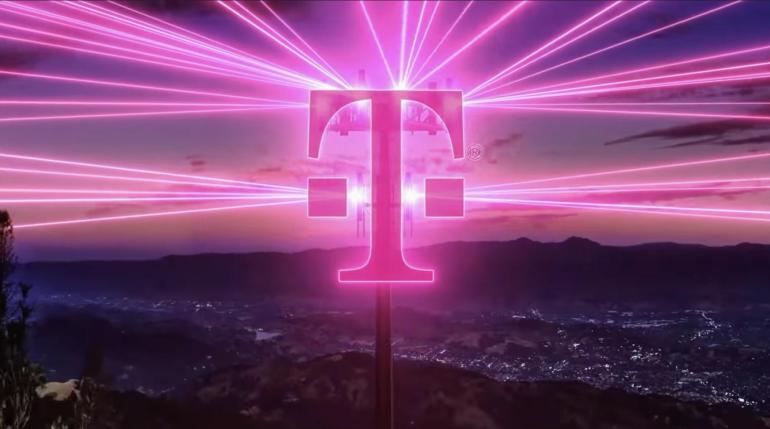In PCMag’s annual test of the US wireless networks, T-Mobile has decisively taken the top spot for 5G service.
PCMag’s annual review involves sending its drivers across the country, covering more than 10,000 miles, and more than 30 cities and 6 different rural regions. This provides an opportunity to get real-world data, not only on the speeds each carrier offers, but also the degree of improvement over past years.
PCMag started off their Fastest Mobile Networks 2021 report with high praise for T-Mobile.
It’s T-Mobile’s year at last. The carrier’s new mid-band 5G network is the only nationwide 5G that’s markedly faster than 4G, earning T-Mobile its first-ever PCMag award for America’s fastest mobile network.
The report found that T-Mobile took the 5G crown in 24 of the cities and rural regions PCMag’s drivers tested. AT&T came in second with 8, and Verizon brought up the rear with two.
T-Mobile’s top download speed was 1,134.4 Mbps, with an average of 162.3, while upload topped out at 140.5, with an average of 28.1. AT&T’s max and average download speeds were 1,090.9 and 98.2, while its upload speeds were 89.5 and 21.1. Verizon’s download speeds were 2,216.7 and 93.7, while its uploads were 102.8 and 21.5.
One thing is clear from this report: T-Mobile has skyrocketed past its competition in just a year’s time, comparing the 2020 and 2021 data. The key to T-Mobile’s rise is the mid-band spectrum it acquired as part of the Sprint acquisition.
As we have written about many times on WPN, mid-band spectrum is the sweet spot for 5G. High-band mmWave offers the absolute fastest speeds, but its paired with abysmal, almost useless range and building penetration. That’s why Verizon is able to clock the highest speeds in the test but, because Verizon bet so heavily on mmWave, its availability is equally abysmal. In fact, because mmWave requires so many repeaters and base stations to give any appreciable coverage PCMag found that Verizon’s mmWave availability in metro areas was only 3.27%, compared to 2.82% in 2020 — barely any measurable growth.
On the other end of the spectrum, low-band 5G — using spectrum in the same range as 4G LTE — provides outstanding coverage but little to no real speed benefit over 4G. That’s why in 2020 T-Mobile’s speeds were decidedly behind its two rivals, since T-Mobile’s early 5G investment was in a nationwide low-band network.
In contrast, mid-band spectrum offers the perfect blend of coverage and speed. With the Sprint merger complete, and T-Mobile rapidly rolling out Sprint’s wealth of mid-spectrum, the company has suddenly found itself firmly in the 5G lead.
Verizon and AT&T clearly have their work cut out, and PCMag’s report shows why both companies had to spend a fortune at the FCC’s spectrum auction to acquire the spectrum they need to catch up.

